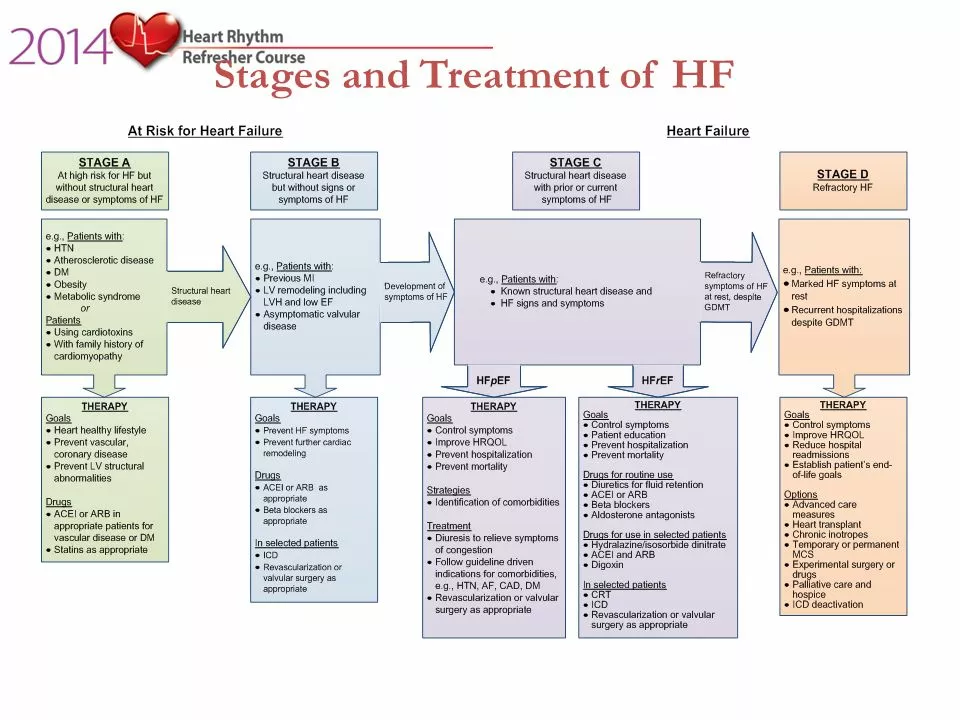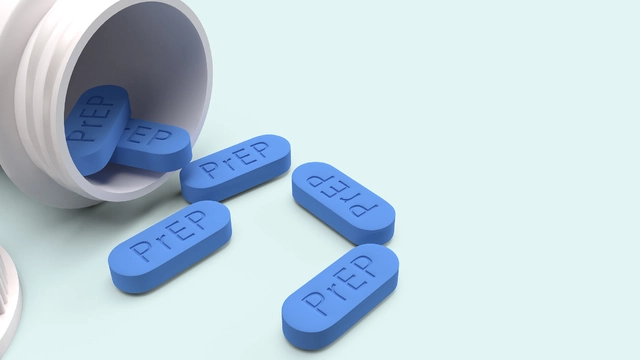Empagliflozin: A Simple Guide to This Diabetes Medication
If you or someone you know is managing type 2 diabetes, you've probably heard about empagliflozin. It’s one of the newer meds that doctors prescribe to help control blood sugar. But what exactly does empagliflozin do, and how can it fit into your diabetes care?
How Does Empagliflozin Work?
Empagliflozin belongs to a class called SGLT2 inhibitors. In simple terms, it helps your kidneys remove extra sugar from your body through urine. This reduces the amount of sugar in your blood, making it easier to keep your levels in check. Unlike some diabetes meds, it works independently of insulin, which means it can be a helpful option if your insulin doesn’t work as well as you'd like.
Besides lowering blood sugar, empagliflozin has another bonus. Studies have shown it can help reduce the risk of heart problems in people with diabetes, which is something to consider since heart health is often a concern.
What Should You Expect When Taking Empagliflozin?
When you start empagliflozin, it’s important to watch for certain side effects. Some people notice more frequent urination because of the way the drug works. There’s also a chance of dehydration, so staying hydrated is key. Rarely, infections like yeast infections can happen—these occur because of the extra sugar in urine that bacteria or fungi love.
Remember to talk to your doctor if you have kidney problems or low blood pressure, as empagliflozin might not be the best fit. Your doctor will also help you figure out the right dose and whether this medicine mixes well with your other treatments.
Overall, empagliflozin offers a new way to manage type 2 diabetes with some unique benefits but also requires paying attention to how your body reacts. Staying informed and keeping an open line with your healthcare provider is the best approach to getting the most out of this medication.

Empagliflozin and heart failure: Can it reduce hospitalizations?
- Date: 4 May 2023
- Categories:
- Author: David Griffiths
In my latest blog post, I explored the potential benefits of Empagliflozin in reducing hospitalizations for heart failure patients. It appears that this medication, initially developed for type 2 diabetes, has shown promising results in clinical trials for heart failure treatment. The studies suggest that Empagliflozin can help decrease the risk of hospitalization and improve overall cardiovascular health. However, more research is needed to fully understand its long-term effects and safety profile. Stay tuned for future updates on this exciting development in heart failure management!




